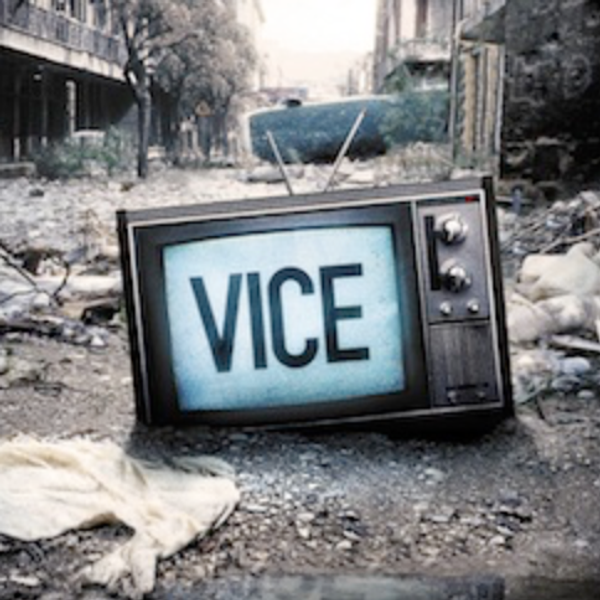The True Cost is a documentary about the modern fashion industry. More specifically, it deals with “fast fashion” - a relatively new part of the industry that is currently headed by well-known brands such as H&M or Forever 21. If you’re college-aged and living in a more developed country, you likely have come into contact with this style of production. This is because fast fashion, and the brands that utilize it as a manufacturing philosophy, allow us all to buy extraordinarily cheap clothes.
The True Cost looks into what is behind the clothes we buy. The movie follows stories of people who make the clothing. It shows the difficulties that textile workers have to deal with, from the incredibly long work hours, miserable conditions and work environment, absolutely no benefits, to the lack of a living wage. Basically, it points to the industry’s complete disregard for worker’s rights. This is something I had only been vaguely aware of through stories about sweatshops, so The True Cost let me slightly expand my awareness.
For example, the movie mentions the April 2013 clothing factory collapse that killed more than 1,100 people in Dhaka, Bangladesh. According to The True Cost, what adds to this tragedy is the fact that the disaster could have been prevented - there are accounts of workers who had been pointing out the cracks in the factory’s walls before and even on the day of the building collapsing. It’s an effective example pointing to the dangers that poor care for workers can lead to.
The movie is ample with such examples. It has a “globalization gone bad” narrative, not even implying but clearly arguing that the same strategies that we now have at our disposal to bring down prices end up, in the long run, costing us even more. It displays people completely losing the ability to care for each other in a chase for -- what exactly? Profit, in the case of the fashion industry. Price reduction, in the case of the consumers.
Apart from allowing the miserable treatment of factory workers that make the clothes, the effects of fast fashion can be traced back to the very beginning of this chain - the production of cotton. The use of large amounts of pesticides while growing cotton has been found to affect the health of cotton farmers, and the movie mentions correlations between rises in illnesses (such as mental disorders, skin diseases, and cancer) and rises in the usage of pesticides.
The documentary also examines the way fast fashion affects consumers, and the way we spend money. I thought this statement by Guido Brera, an Italian investment manager, was interesting to consider: “I try to understand better why people don’t realize why they are getting poorer and poorer. And I ask myself, okay, what has changed in respect of when I was young? And fashion is something that has dramatically changed. (...) Fast fashion is something totally new. If you had noticed, the price has decreased in the last couple of years - and it does follow the middle class disappearing. So all the things that people really need are very costly, like a home, like study, like life insurance." Brera is implying that fast fashion can serve as consolation to us, and help us not notice other issues.
Finally, The True Cost points to the correlation between unhappiness and materialism - a finding that is completely opposite to what fashion companies argue in advertisements. The movie brings up statistics of simultaneous rises in depression and suicide rates and the spreading of fast fashion. Contrary to what smiling models in ads suggest, happiness does not seem to come with owning a pair of Forever 21 boots or an H&M top.
As a consumer, I think you should check this movie out. It brought to my attention the flaws of an industry that I actively support, and it will hopefully make me think twice the next time I decide to buy yet another H&M dress or Forever 21 top.
























